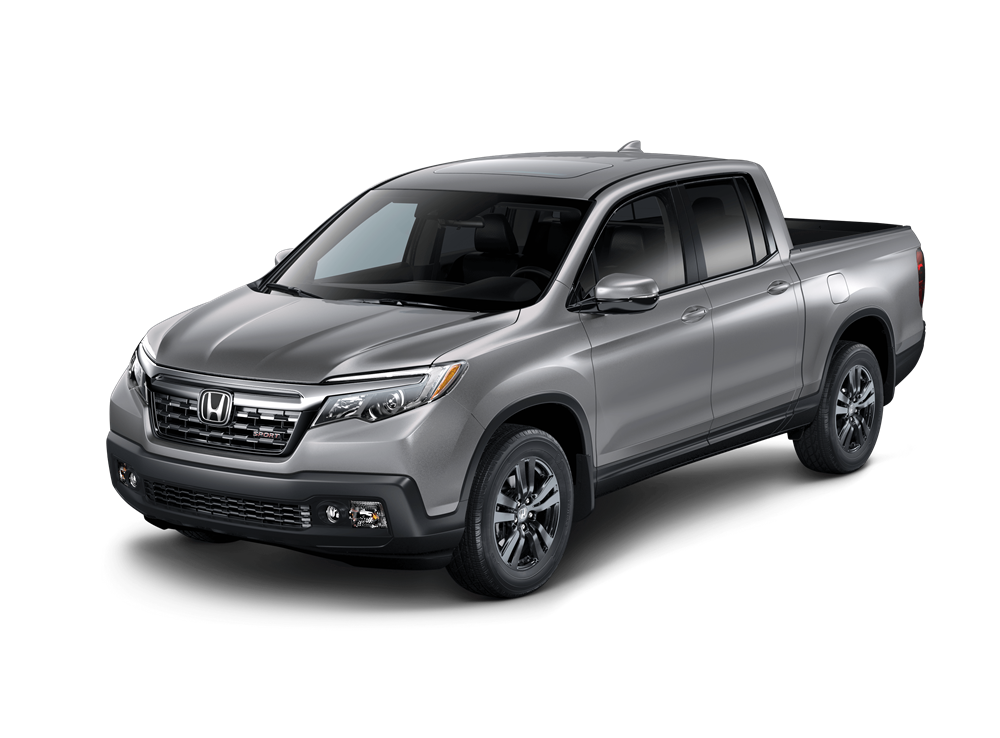I'm struggling with that video. At the very beginning of the clip the spedometer in the video shows 73MPH and he's complaining about consumption. Then he comments about doing 75MPH later.
Nobody tows at 70++MPH and expects any sort of decent fuel economy/range.
And it's a sedan towing a broadside of a barn. Terrible aerodynamic combination.
And is a P60 or P100? "Fuel tank size" in other words.
Did they use the battery precondition function correctly to pre cool the battery before fast charging to maximize kwh rates?
He doesn't really seem to take into consideration the ability to charge the car while they're sleeping at a hotel...
They go buy food somewhere else and then drive to a charger and sit vs going to park the car and then going to eat WHILE it's charging.
They seem scared to have to backup the trailer so they're wasting time disconnecting and reconnecting...
In the YouTube comments they're stating that they couldn't dare drive any slower across WY because "the speed limit is 75!". Fallacy...they could drive 60MPH all day long and be juuuuuuust fine. I know because I've done it several times..... Excuses. They could have gained a HUGE amount of range just driving 60MPH negating a lot of charging time.
So may questions and the video seems really skewed against EV....based on a lack of understanding on a lot of things.
This is a little bit like the opposite of buying a Peterbilt and then complaining that it gets crappy fuel economy and is hard to park at the convenience store when you took it out to get a loaf of bread. It's not really the ideal piece of equipment for the job.
I agree with most of what you said, but some of it is just not practical.
Charging while sleeping? They were getting 100 miles per charge, while charging while sleeping is a good idea, realistically that only helps after you have gone a reasonable distance.
They buy food and then drive to supercharger as they seem to be in the boonies away from restaurants. Taking a taxi from your charging car to the restaurant eats most of your savings.
from
tflcar.com
"Per the EPA, the 2019 Tesla Model X Long Range can manage up to 325 miles on a single charge. Completely unladen, the car has no trouble managing that distance with plenty of range to spare. In fact, traveling at 70 mph on Interstate 76 in Colorado, the car managed to use 19.3 kWh of electricity, or about 21 percent of its total capacity. " (over a 66 mile loop)
So the range at 70 mph while not towing is ~315 miles. Dropping to 100 miles while towing a small barn seems like an awfully big hit. I wonder if this is strictly aero, or if the car drops into a less efficient drive mode to provide the necessary added power?
They obviously don't entirely understand aero based on their comments about the roof tent.
I would have liked them to try to tow at 60 mph and see how it went. I suspect their trip time may not have changed as they would have used less kw/mile and needed to charge less often. It may still have been a failed experiment as going up to 150 mile range still blows.
I think the real conclusion is you cannot yet use an EV like you would use an ICE vehicle. If you limited your speed, bought an aero trailer (do they even exist yet?) and had lots of time, it may be possible to make long journeys, but you are operating well outside of the EV's intended use case and it shows.


















